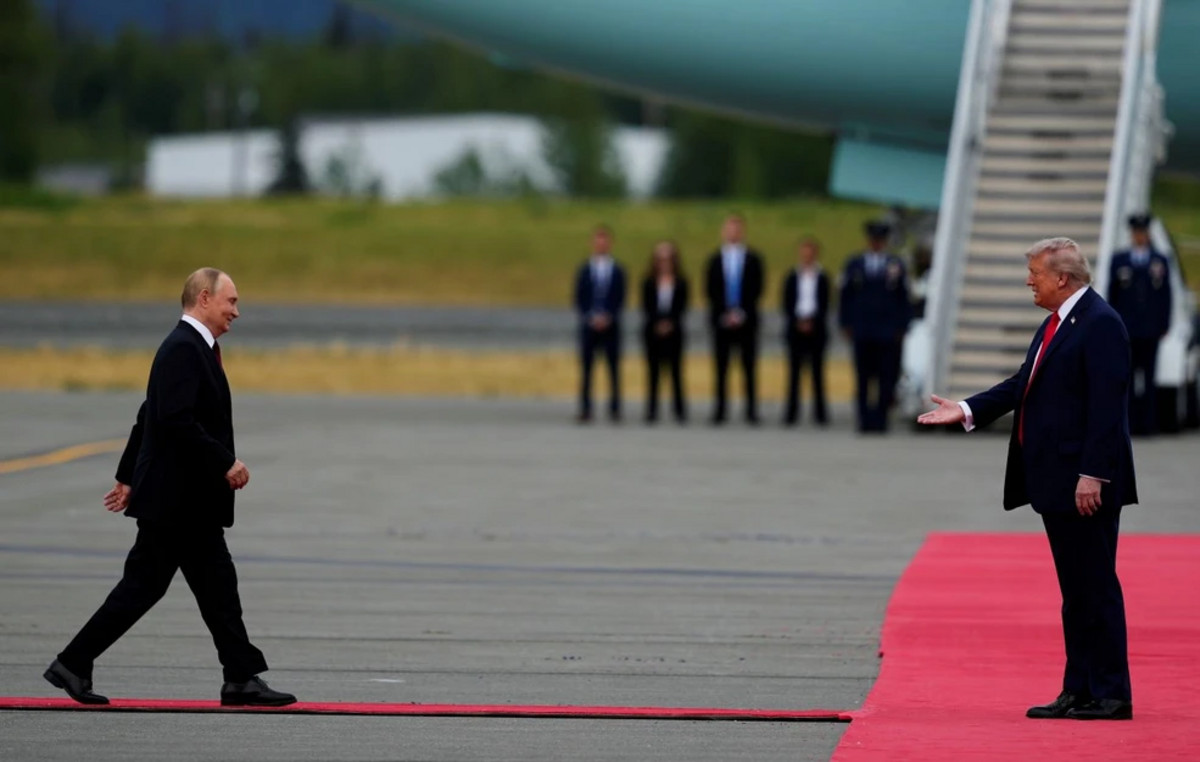Global food and fuel price shocks linked to the war between Russia and Ukraine are expected to last at least until the end of 2024 and raise the risk of stagflation, the World Bank said in its Commodities Market Outlook report.
In its first comprehensive analysis of the war’s impact on commodity markets, the bank said the world was facing the sector’s biggest price shock since the 1970s.
It is being exacerbated, he said, by restrictions on trade in food, fuel and fertilizer, exacerbating already high inflationary pressures around the world.
“Monetary policymakers should seize every opportunity to increase economic growth and avoid actions that harm the global economy,” said Indermit Gill, World Bank Vice President for Equitable Growth, Finance and Institutions.
Russia is the world’s largest exporter of natural gas and fertilizers, and the second largest exporter of oil. Along with Ukraine, it accounts for nearly a third of global wheat exports, 19% of corn exports and 80% of sunflower oil exports.
Production and exports of these and other commodities have been affected since Russia’s invasion of Ukraine on February 24.
As a result, the World Bank expects energy prices to increase by more than 50% in 2022 before slowing in 2023 and 2024, while prices excluding energy but including agriculture and metals are expected to increase by nearly 20% in 2022.
Source: CNN Brasil
I am Sophia william, author of World Stock Market. I have a degree in journalism from the University of Missouri and I have worked as a reporter for several news websites. I have a passion for writing and informing people about the latest news and events happening in the world. I strive to be accurate and unbiased in my reporting, and I hope to provide readers with valuable information that they can use to make informed decisions.







